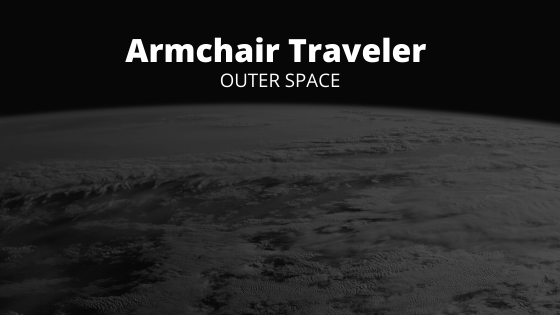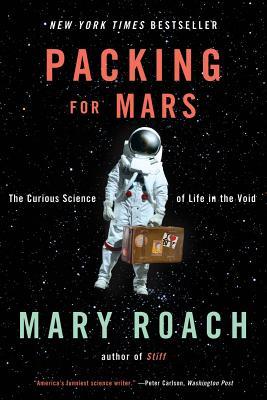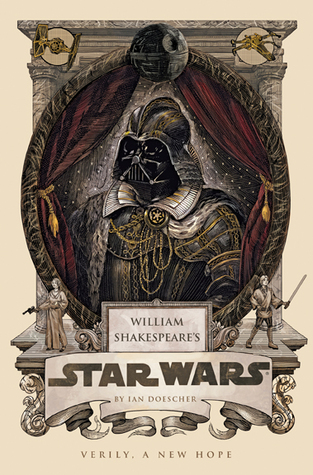
So far during our armchair travel to outer space, we’ve visited research sites in the United States that contribute to space exploration, as well as the International Space Station. For the last post, we’re going to learn about future space destinations and how scientists are working to get rovers (and eventually people) there.
Mars
It has long been a dream to sent humans to Mars and scientists are working to make that a reality. This first starts with sending rovers to Mars’ surface to better understand the planet’s environment. NASA has already sent four different rovers to Mars. Sojourner landed in July 1997 and was later followed by Sprit & Opportunity in 2004. Curiosity landed in August 2012 and conducted research 6 ½ years, retiring in February 2019. NASA’s next Mars rover is expected to launch on July 30 this year and you can check out updates about the mission here. China is also set to send a rover to Mars this year under the mission name Tianwen-1.
Perseverance will look for signs of life, both past and present, and collect data that could determine the possibility of human exploration on Mars. Watch the video below of NASA scientists preparing the rover for launch!
Titan, Saturn’s Largest Moon
NASA is also working toward traveling even further out in our solar system – Titan, the largest moon of Saturn. Titan is about 1.3 billion kilometers away from Earth and it will take about 8 years for a self-driving drone called Dragonfly to get there. Dragonfly is scheduled to launch in 2026 and land on Titan in 2034. The goal is to document and take samples from Titan’s surface over 32 months. Watch this brief simulation of Dragonfly’s 2034 landing.
Scientists believe that the building blocks for life on Titan could be similar to those of Earth, so they are hopeful to learn about Saturn’s largest moon and Earth’s pre-life history as well.
NPR recently published a brief article with a 12 minute audio report of the Dragonfly mission. You can take a listen here.
NASA has a webpage dedicated solely to Titan which you can check out here.
Explore The Library’s Collections
We’ve got loads of media in The Library’s collections on the topic of space, so we’ll suggest a few titles in each blog post that are good starting points if you are new to reading fiction and nonfiction books about space. We’ll also sprinkle in some movies and tv series on the topic.
Packing for Mars by Mary Roach
The best-selling author of Stiff and Bonk explores the irresistibly strange universe of space travel and life without gravity. From the Space Shuttle training toilet to a crash test of NASA’s new space capsule, Mary Roach takes us on the surreally entertaining trip into the science of life in space and space on Earth.
Women in Space by Karen Bush Gibson
Women in Space profiles 23 pioneers, including Eileen Collins, the first woman to command the space shuttle; Peggy Whitson, who logged more than a year in orbit aboard the International Space Station; and Mae Jemison, the first African American woman in space; as well as astronauts from Japan, Canada, Italy, South Korea, France, and more. Readers will also learn about the Mercury 13, American women selected by NASA in the late 1950s to train for spaceflight. Though they matched and sometimes surpassed their male counterparts in performance, they were ultimately denied the opportunity to head out to the launching pad. Their story, and the stories of the pilots, physicists, and doctors who followed them, demonstrate the vital role women have played in the quest for scientific understanding.
William Shakespeare’s Star Wars series by Ian Doescher
What if the Star Wars saga had been created by William Shakespeare? From Verily, A New Hope to The Merry Rise of Skywalker, each volume in this series presents one of the iconic films written as a full-blown Shakespeare play. Elizabethan dialogue, Shakespearean meter, stage directions, inside jokes and woodcut-style illustrations pay homage to both source materials. May the verse be with you!
Cosmos: A Spacetime Odyssey (2014)
A 13-part adventure across the universe of space and time, hosted by renowned astrophysicist Neil deGrasse Tyson, exploring humanity’s heroic quest for knowledge and the laws of science.






